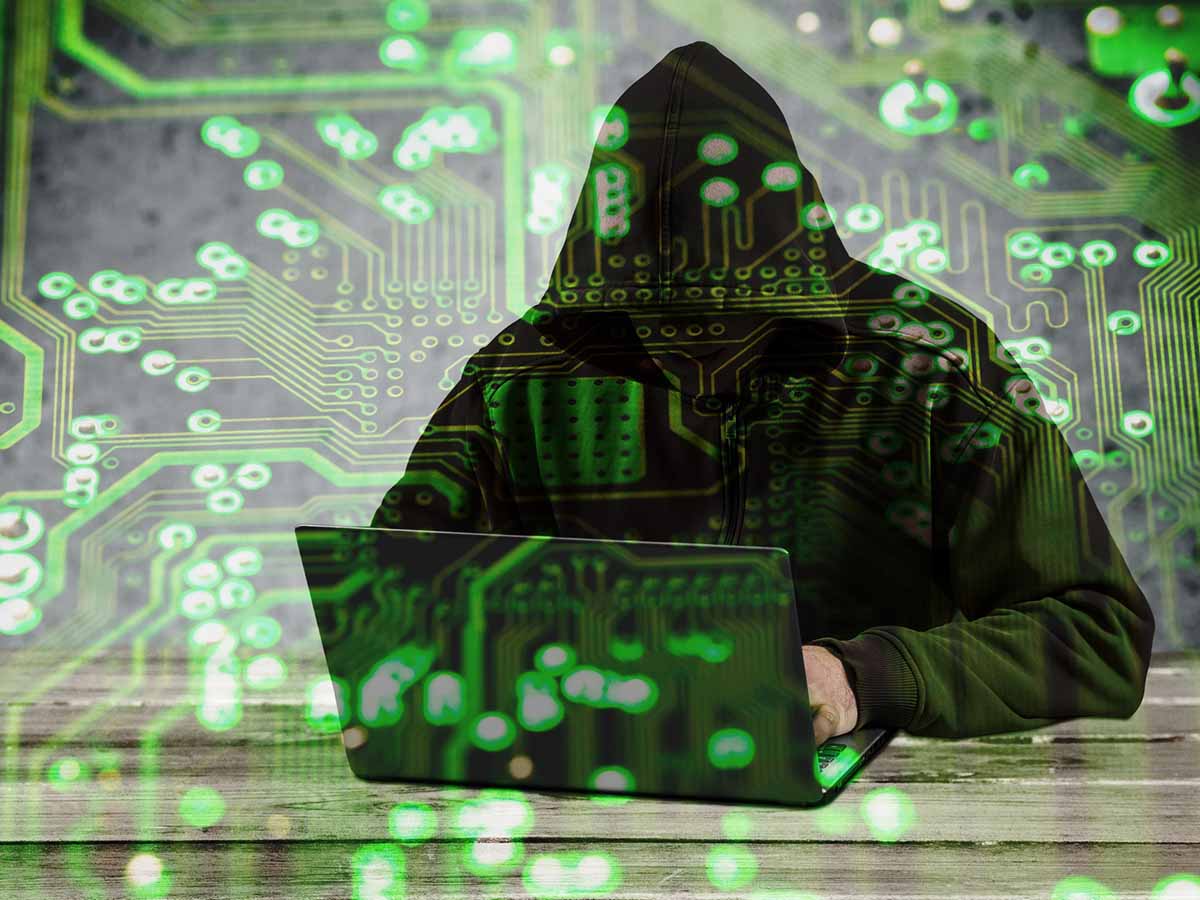A countermeasure is a tactic or method used to prevent or counteract a threat, attack or harm. This could be a protective action, device, or procedure designed to mitigate risk and enhance the safety and protection of data or systems.
Countermeasure Examples
1. Installing a Firewall
A firewall is one form of a countermeasure that can be put in place to protect computer systems or networks. When you install a firewall, you set up a barrier between your trusted internal network and untrusted external networks, such as the internet.

Stay One Step Ahead of Cyber Threats
A firewall monitors and controls incoming and outgoing network traffic based on predetermined security rules. This provides a line of defense against cyber attacks by blocking unauthorized users from gaining access to your private networks.
In essence, a firewall acts as a security guard for your network, allowing or denying traffic based on security rules. This countermeasure is vital in protecting your system from threats and maintaining the safety and integrity of your data.
2. Regular Software Updates
Keeping your software up-to-date is another simple yet effective countermeasure against cyber threats. Software updates do more than just bringing new features or improving performance, they also include critical patches for security loopholes that have been discovered since the last version of the software.
Ignoring these updates leaves your system unprotected against hackers who are aware of these vulnerabilities and can exploit them. Hence, frequent software updates are necessary to stop this from happening.
Setting your system to update automatically is one method to ensure that all software gets updated promptly. By doing this, it means you’re continually equipping yourself with the latest defense mechanisms, mitigating risks of breaches, and keeping your systems secure.
3. Encryption
Encryption is a security measure that involves converting data into a code to prevent unauthorized access. This countermeasure is crucial for protecting sensitive data, whether it’s in transit across networks or stored on a device.
When data is encrypted, it’s transformed into a form that’s unreadable by anyone who doesn’t have the decryption key. This means if the data is intercepted or accessed by an unauthorized party, they wouldn’t be able to understand it.
Cryptography, the practice of securing data through encryption, makes use of complex algorithms to hide and protect data. These advanced techniques help ensure that data remains safe and accessible only by those with proper authorization.
Conclusion
Taking preventive measures in cybersecurity, such as installing firewalls, regular software updates, and using encryption, cannot be stressed enough. These countermeasures enhance the safety of our data and systems, ensuring they remain inaccessible to unauthorized parties and resistant to potential threats.
Key Takeaways
- Countermeasures are tactics or methods used to prevent or counteract a threat, attack, or harm to systems or data.
- Installing a firewall can help to prevent unauthorized access to your network.
- Regular software updates can significantly enhance your system’s security by patching known vulnerabilities.
- Encrypting your data can prevent unauthorized access and alterations.
- These countermeasures provide a combination of both prevention and protection against cyber threats.
Related Questions
1. What does a firewall specifically do to protect a network?
A firewall serves as a security guard between trusted and untrusted networks. It monitors and controls incoming and outgoing network traffic based on predetermined security rules, thereby blocking unauthorized users from gaining access to your network.
2. Why are regular software updates critical for system security?
Regular software updates close the loopholes in security that have been discovered since the last software version. This way, it eliminates the vulnerabilities that hackers can exploit, keeping your system secure.
3. How does encryption protect data?
Encryption converts data into an unreadable code that can only be deciphered with a decryption key. This ensures that even if the data is intercepted or accessed by unauthorized personnel, they won’t be able to comprehend it.
4. What is one way to ensure that your software is always up-to-date?
One way to ensure your software stays up-to-date is by setting your systems to update automatically. This guarantees that you’re always equipped with the latest defense mechanisms against cyber threats.
5. Can firewalls and encryption be used simultaneously for enhanced cybersecurity?
Yes, firewalls and encryption can and should be used together for heightened security. While a firewall controls access to the network, encryption ensures that any data moving across the network or stored on devices is unreadable without the proper decryption key.
"Amateurs hack systems, professionals hack people."
-- Bruce Schneier, a renown computer security professional






